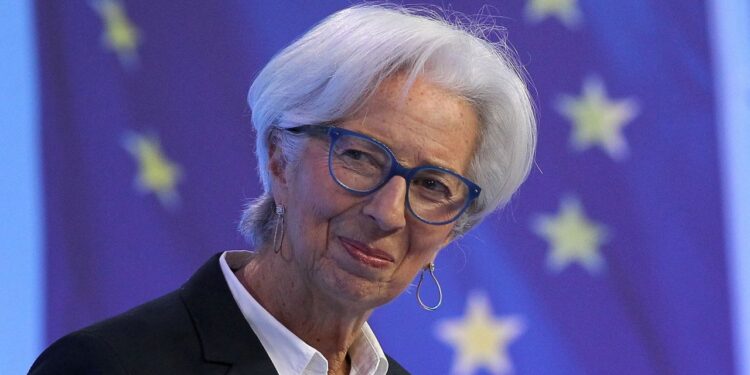The European Central Bank (ECB) is officially in the final phase of its “digital euro” initiative. Recent announcements confirm that the European Council has called for an “accelerated” development of the Central Bank Digital Currency (CBDC). If legislative hurdles are cleared and pilot trials prove successful, the digital euro could see a full-scale rollout across the eurozone as early as 2029.
The ambitious roadmap outlines a clear path: should the European Parliament approve the necessary legislation by 2026, a pilot testing phase for the digital euro is slated to commence in 2027. This crucial testing and infrastructure development period is expected to conclude within two years, paving the way for the official issuance and circulation of the digital euro to all European users by 2029.
The digital euro would complement banknotes and extend the benefits of cash to the digital sphere. This is important because euro cash brings us together.
Europeans would have the freedom to use the digital euro for any digital payment, online or offline, throughout the euro… pic.twitter.com/XzNZbl6mD8
— European Central Bank (@ecb) October 31, 2025
Lagarde: The Euro – A Symbol of Trust, Digitalization is Our Inevitable Future
Last Friday, ECB President Christine Lagarde took to social media to announce a significant milestone: the ECB Governing Council has resolved to move into the “next, and final, phase of development” for the CBDC. She underscored the profound importance of the digital euro, framing it as a strategic move by the European Central Bank to “digitize” cash and, consequently, diminish reliance on physical banknotes.
Lagarde’s impassioned statement highlighted the collective effort and vision driving this monumental project:
“The European Council has asked us and all relevant parties to accelerate our efforts so that we can launch the ‘digital euro’ as soon as possible.”
“This is a massive project, because the euro is our currency, your currency — it brings us together. It is a symbol of trust in our common destiny. Therefore, we are entering the next and final phase of preparations for the digital euro.”
The financial commitment to this transformative project is substantial. The European Central Bank estimates a total cost of approximately €1.3 billion from the development phase through to the official launch in 2029. Post-launch, an annual operating expenditure of €320 million is projected for ongoing infrastructure maintenance and robust cybersecurity defenses, ensuring the digital euro’s stability and security for all users.
Disclaimer: This article is intended solely to provide market information. All content and opinions are for reference only and do not constitute investment advice, nor do they represent the views and positions of the author or Blockcast. Investors should make their own decisions and trades, and the author and Blockcast will not bear any responsibility for direct or indirect losses incurred by investors’ transactions.





